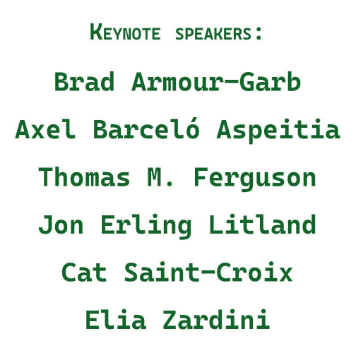Trends in Logic XXV Non-Classical Approaches to Traditional Philosophical Problems


%2016_01_01.png)


Certain paradigmatic principles from classical logic, such as Excluded Middle, Ex Contradictione Quodlibet, Addition, Disjunctive Syllogism, or Suppresion (of logical truths) have played a crucial role in the arguments for or against many philosophical theses. This has been especially vivid in the 20th century, where examples from philosophical logic, metaphysics, or the philosophy of mathematics abound. We have thus the arguments for the inexistence of Meinongian objects, for the necessity of true identities, or against vague objects; or the many limitative theorems leading to the acceptance of the incompleteness of Peano arithmetic, the Tarskian hierarchy of languages or restricted comprehension schemas, among many others.
But other famous arguments also employ some of such paradigmatic principles from classical logic, for example Gettier's discussion of the tripartite definition of knowledge, Church's concerns about the verification principles, Lewis' thoughts on Adam's Thesis, or Grim's argument against the existence of omniscient beings.
This conference aims to gather specialists offering a view on this and other philosophical problems through the lens of non-classical logics, or through classical logic used in innovative ways.


Aviso de privacidad



 Circuito Maestro Mario de la Cueva s/n, Ciudad Universitaria, C.P. 04510, Coyoacán México, CDMX
Circuito Maestro Mario de la Cueva s/n, Ciudad Universitaria, C.P. 04510, Coyoacán México, CDMX